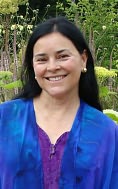- Shopping Bag ( 0 items )
-
All (32) from $9.00
-
New (14) from $19.85
-
Used (18) from $9.0





Overview
Now Diana ...